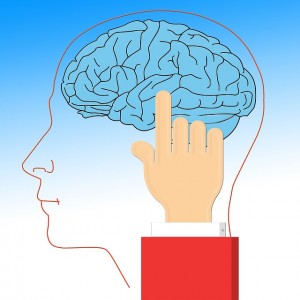 I cannot imagine not having a physical location for my counselling practice. That was, to me, an essential building block to set up my practice. Whether it was private or in an organization, I have been fortunate enough to always have a space to operate from. But I sometimes find it to be restricting either geographically or in terms of the hours of operation. E-counselling has more flexibility when it comes to space as the barriers to accessing services are reduced.
I cannot imagine not having a physical location for my counselling practice. That was, to me, an essential building block to set up my practice. Whether it was private or in an organization, I have been fortunate enough to always have a space to operate from. But I sometimes find it to be restricting either geographically or in terms of the hours of operation. E-counselling has more flexibility when it comes to space as the barriers to accessing services are reduced.
I read about a counsellor who has a mobile office-an RV that goes into the community and acts a safe space that has all the necessary amenities and prerequisites to make it and actual ‘office’.
If there are any counsellors out there who are mobile, it would be interesting to get their view point on this and their pros and cons of operating from and office vs. doing e-counselling and vice-versa. We often talk of meeting the clients where they are at, so why not making ourselves mobile, accessible and transportable? We tell ourselves to be creative and think out of the box, so why not work out of a restrictive boxy immobile space?
*The views expressed by our authors are personal opinions and do not necessarily reflect the views of the CCPA
